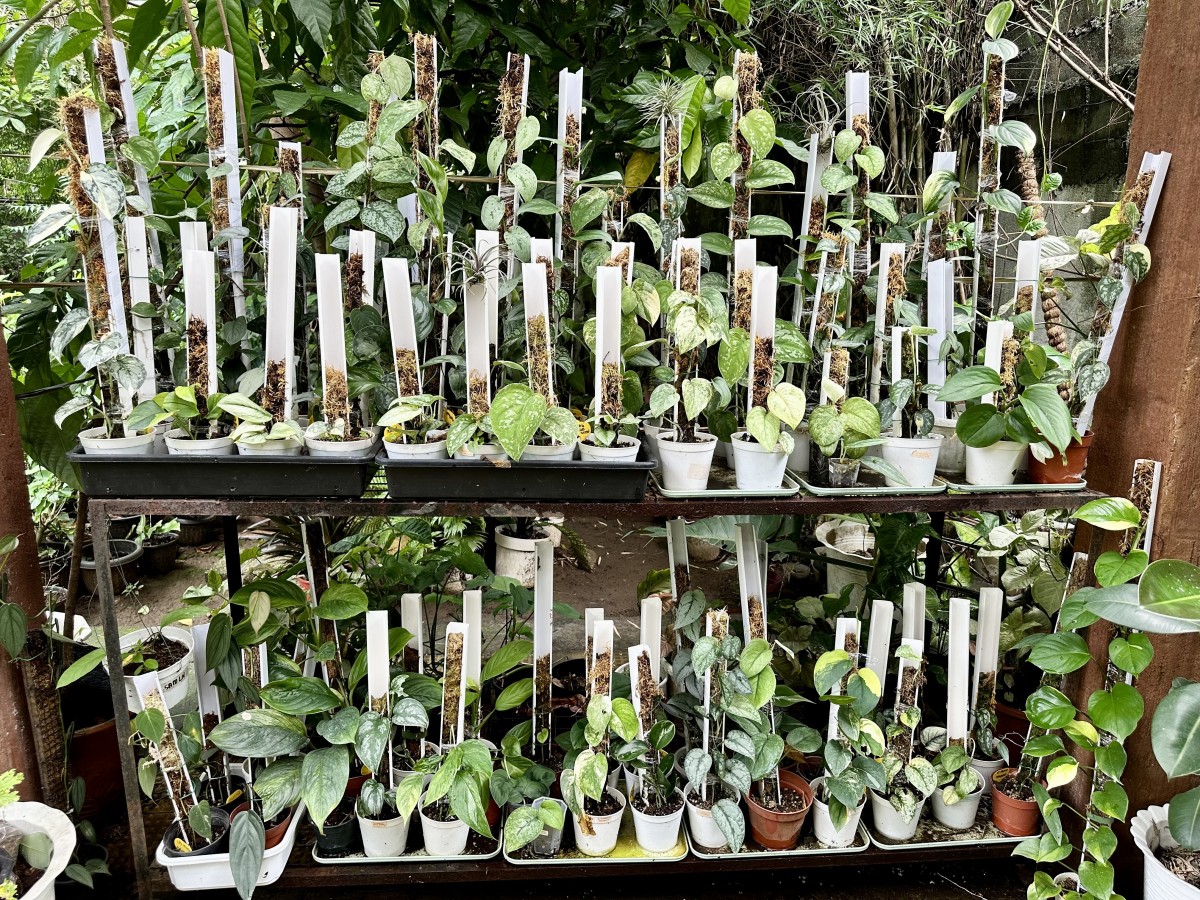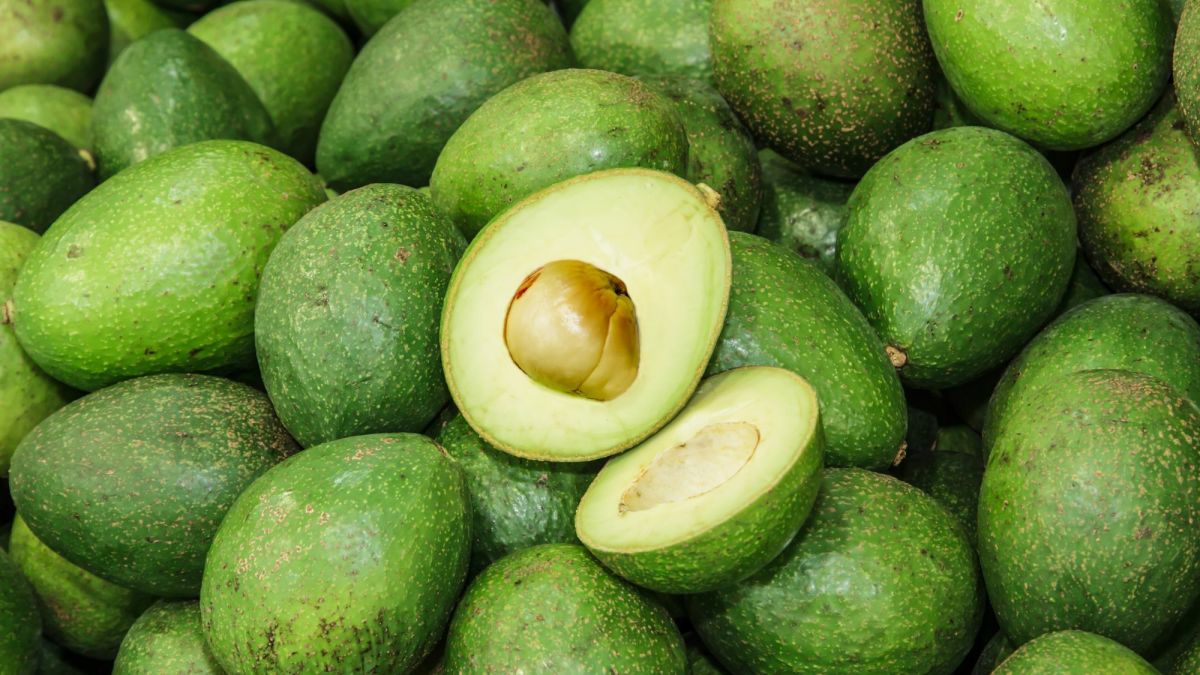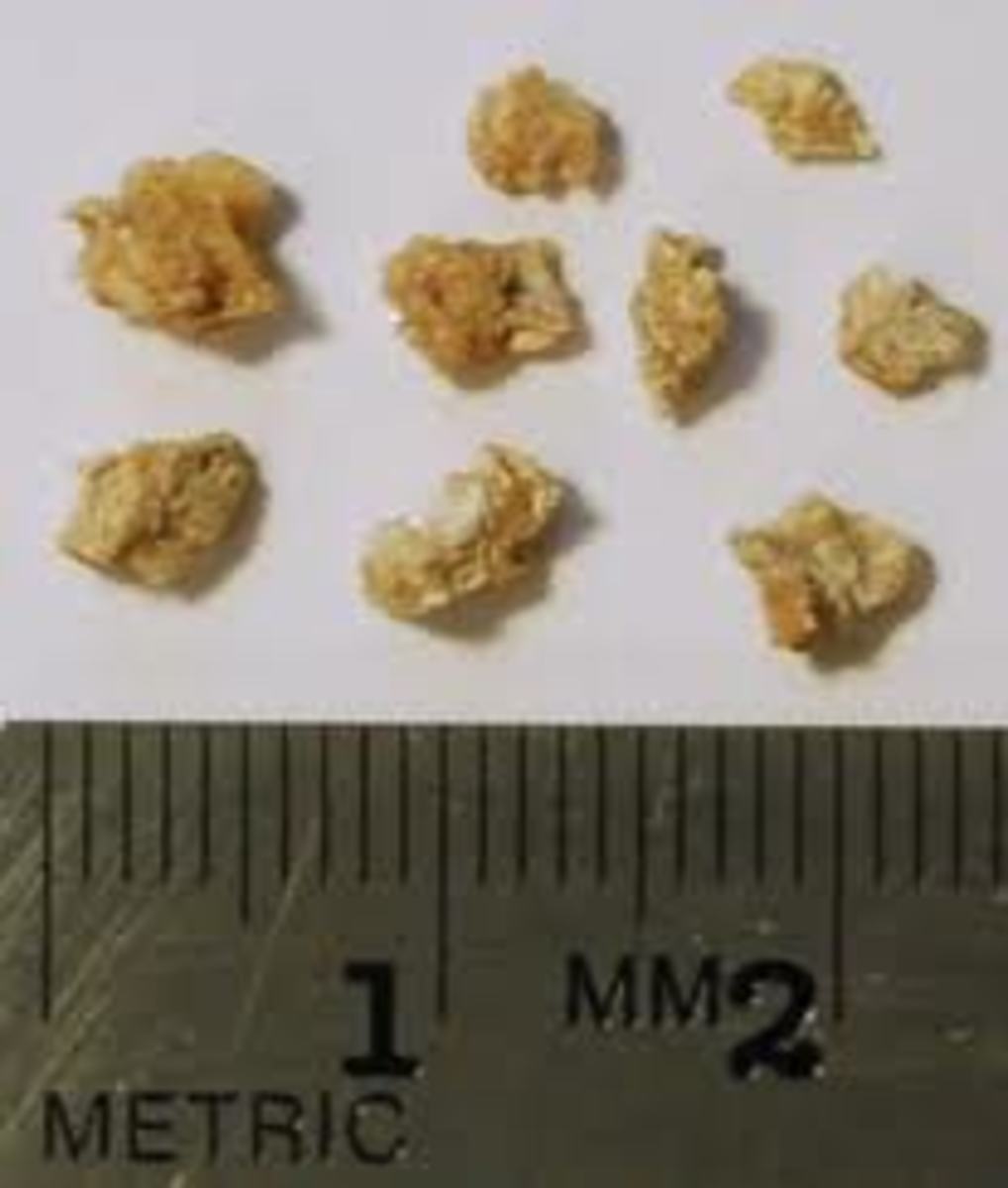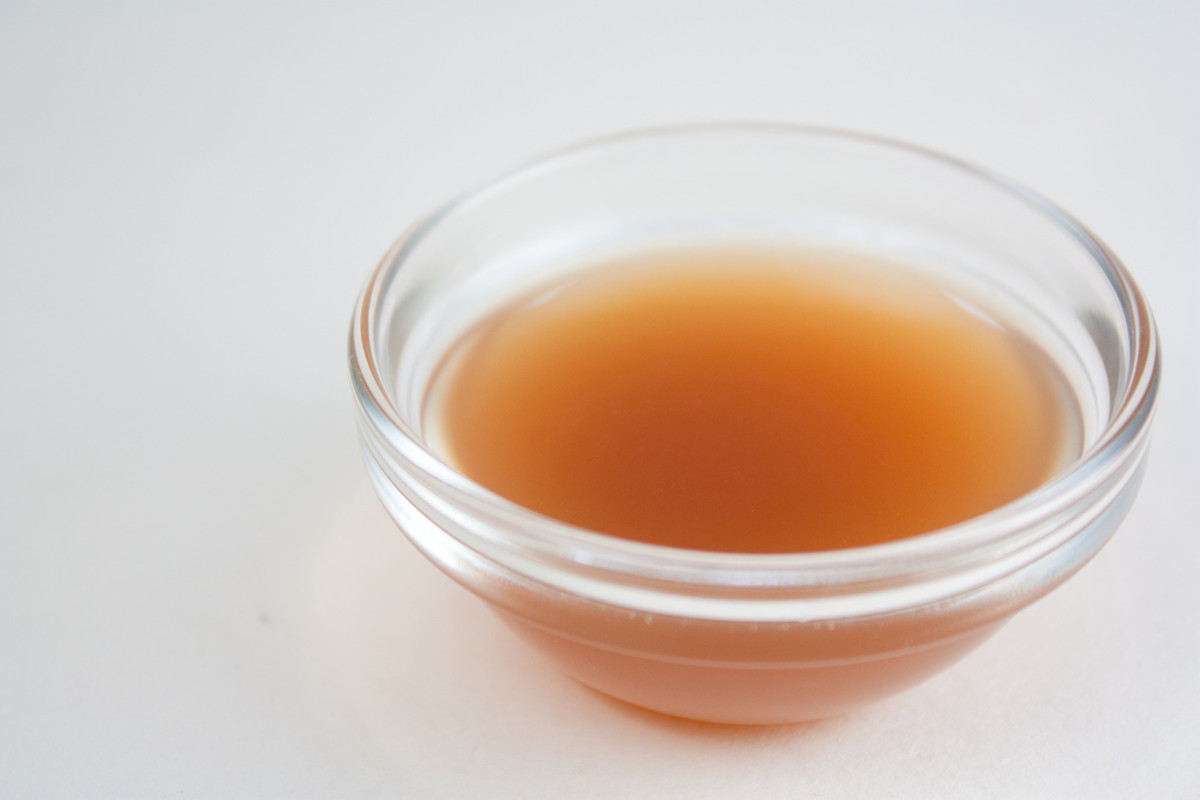Simple thoughts on the Water Emergency in Lethbridge March 2014
Confusion surrounding a water emergency with EXTRA water in the Oldman River
Lethbridge, Alberta, Canada, experienced a Water Emergency back in March of 2014. A lot of info was shared in a short amount of time, just to get the word out and try to inform the public. Some complicated and technical words were being used, too. It was concerning, and confusing. What was really going on?
The statement from the City of Lethbridge was:
The conditions of the river are changing rapidly and we are now in a water emergency and urging residents to reduce water usage to essential use only. The quick melt is causing high turbidity in the river making the water extremely difficult to treat at the Water Treatment Plant. Production at the Water Treatment Plant has been halted and we are unable to restore our storage levels.
Residents and businesses should refrain from ALL outdoor uses including car washing and should restrict water usage to essential uses only such as cooking and drinking.
We are still experiencing heavy run-off and this is expected to continue.
We will be asking car washes to stop operations and asking our large industrial businesses to greatly reduce water usage.
This is in effect until further notice and residents are thanked in advance for their cooperation.
(Previously appeared at: http://www.lethbridge.ca/NewsCentre/Pages/Water-Conservation-March-2014.aspx)
So… here's what we knew: There was a lot of extra water coming down the Oldman River because of high temperatures all across the region causing a HUGE run-off of melted snow and ice into the river, in a short amount of time.
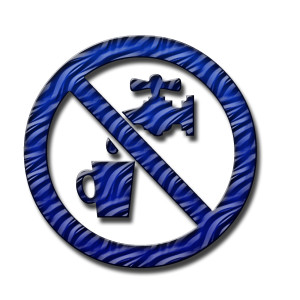
If there was extra water, why did we need to conserve water then?
Well… because the extra water was dirty!
The short and simple answer isn't quote so short or simple.
See, our municipal water supply comes from the Oldman river, and run-off water (at any time) often has a LOT of stuff floating in it, bad stuff that can be hazardous to humans. When there is more bad STUFF in the water overall, it takes longer to clean it to safe levels for human consumption. Longer treatment times for water coming from the river means less clean treated water going into our storage facilities for domestic use.
Specifically, the City’s update mentioned that ‘turbidity’ has deteriorated rapidly. What is turbidity??
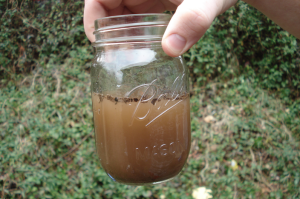
What does that even mean?
Turbidity is a technical term that basically refers to the cloudiness or haziness caused by particles stirred up in or dissolved in water. If water has high turbidity, the water is less clear, it's harder to see through, and naturally, as humans who like clean things, we assume that it’s less safe. So, the measurement of turbidity in water is a key test of quality.
Nobody likes to drink water they can’t see through, right! It's anybody's best guess as to what's floating in there. Other than good old dirt and dissolved minerals that can make the water taste bad, there can be harmful microorganisms hiding among the debris that can cause serious illness.
The deterioration of the turbidity in the water meant that the overall amount of stuff floating in the river water had increased rapidly. It also may have meant that the kinds of stuff floating in the water had gotten worse.
Many people wondered, "We have a treatment plant to treat the water… so …
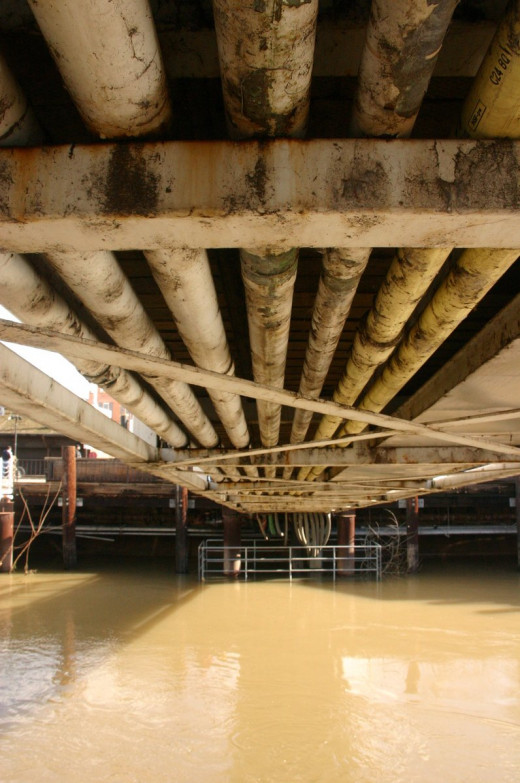
Why was the treatment plant being shut down when our water needed the most treatment?
Municipal Water Treatment Plants are designed to run in a wide variety of conditions, as you might expect. High water, low water, special contaminants, hot, cold... all these things are considered in the design of the plant. Every plant has multiple series of processes that the water must go through to be treated. Some of those systems involve ways to settle out the stuff floating in the water. The systems are designed to treat for a full range of water qualities, from already pretty clean to “Wow, there’s a lot of stuff in the water“.
The water that is treated to safe quality levels is stored to be used by the City for all of our water needs.
When the water coming into any treatment plant is off the charts of, “Holy Cow, there’s a LOT of stuff in the water,” and more on the scale of, “Holy Smokes, is that a cow?… And what’s ALL THAT OTHER STUFF in the water?”, some of the treatment systems just CANNOT handle that additional load. To try to begin the water cleaning/treatment process with that kind of water quality could, in the long run, damage the whole treatment system.
In this kind of situation, it means that no water can be treated. And if no water can be treated, then no water can be stored.
At the time of the emergency in Lethbridge, the water stores were already limited. So, the community had to do all it could to lower water consumption, to avoid draining the treated, stored water. Once that clean water was used, if more water was not able to be treated, the community would have had to fall back to boiling water for human consumption.
For the record, it’s NEVER ideal to have to shut down a water treatment system. No municipality would take that kind of decision lightly. However, the engineers and technicians at the treatment plant DO know what they are doing. They had been monitoring the situation in the Oldman River for days ahead of the shutdown. A municipality will do all it can to prepare, but it is impossible to speed up many of the physical processes in a water treatment plant. We rely on those physical processes to do their job, and that takes time. In the end, only so much that can be done.
That resulted in a water emergency in Lethbridge.
Sometimes, these extreme run-off events create entirely unexpected conditions, and in this case, the conditions in the Oldman River changed rapidly over a few hours. Conditions continued to worsen after the emergency was declared.
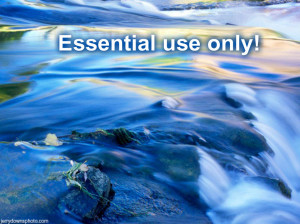
What can we do to help in these kinds of water emergencies?
When these kinds of emergencies happen, citizens and businesses CAN make a big difference. As Lethbridge did during this specific crisis, everything must be done to lessen the load on the water system.
What does that sounds like in Plain and Simple terms?
The extra water in a river from an extreme rainfall and runoff event is extremely unclean, and water treatment plants, as good as they are and as good as the Lethbridge plant it is, just aren't able to clean the water sufficiently. As a result, people need to use less of the water that has already been treated and stored, to allow time for the bad stuff in the river to dissipate, and for the water treatment plant to be able catch up.
When this type of water emergency occurs, reduce your water use to only what’s absolutely necessary.
Why am I posting this?
I worked as a graduate engineer in water resources (civil engineering), in my life BC (before children). I read the stories in the news around Lethbridge during the crisis, and I was concerned that people might get confused with all the details. I am a nerd and totally love the terminology and the theory and the practice of water treatment, watershed runoff models, snowpack, streamflow, etc… I understand the processes behind the scenes. But I knew that not everybody would understand. Why would high runoff mean we have to use less water? What the heck is turbidity? Why is this important to me? Well, these are my brief thoughts on the situation. I tried to keep it simple. I could have had a lot of fun going all technical… but that would have been counterproductive. LOL!
NOTE: no cows were harmed in the writing of this post… and there have been no reports of cows in the river or in Lethbridge's drinking water supply. ;)
For the Latest Updates from the City of Lethbridge, visit their March Water Emergency Updates and City of Lethbridge on Facebook.
Shared originally on my blog, It's OK to be Weird. Revised for current publication.

